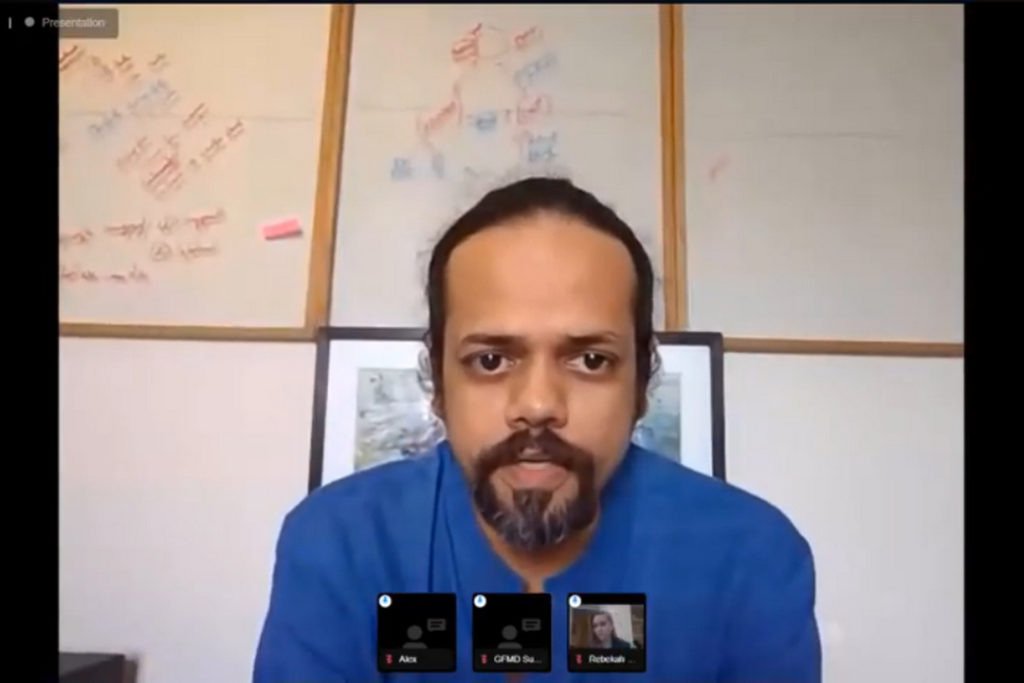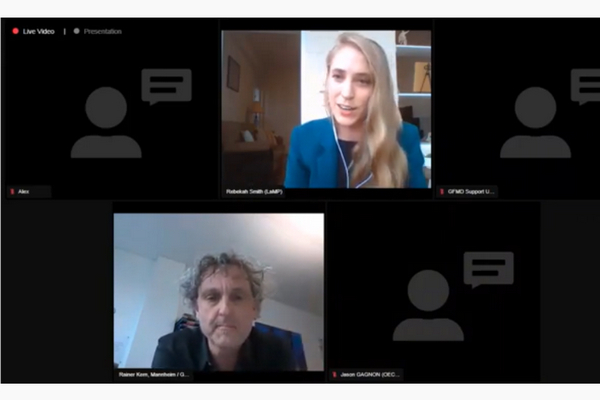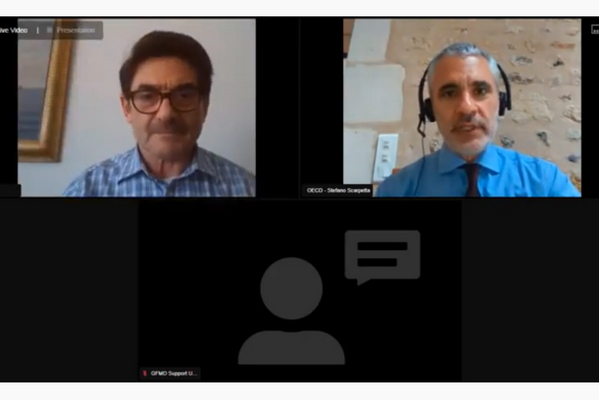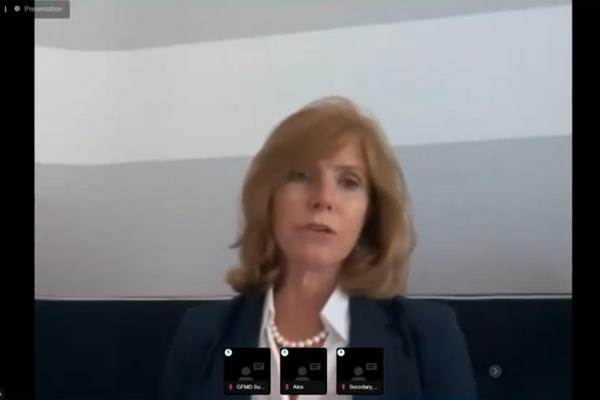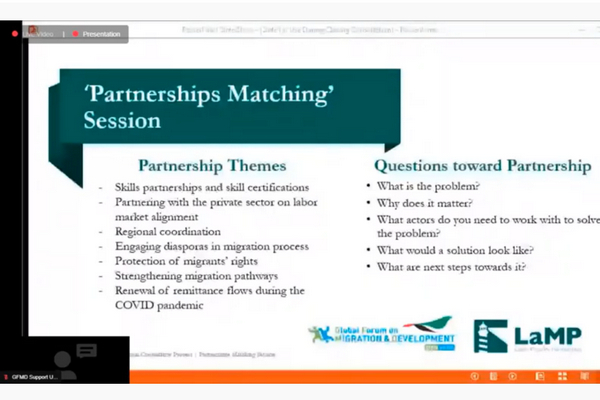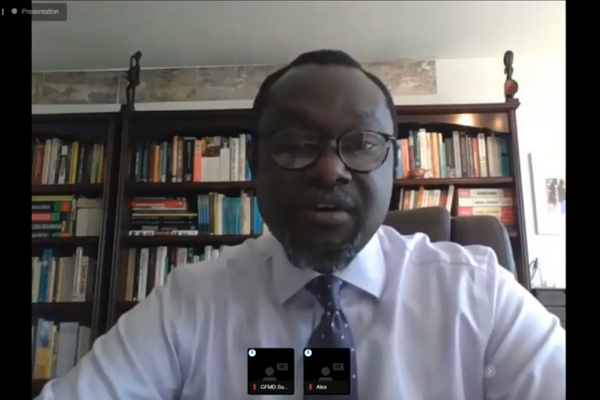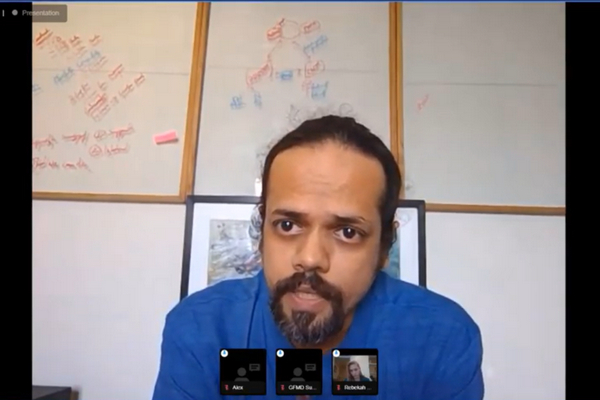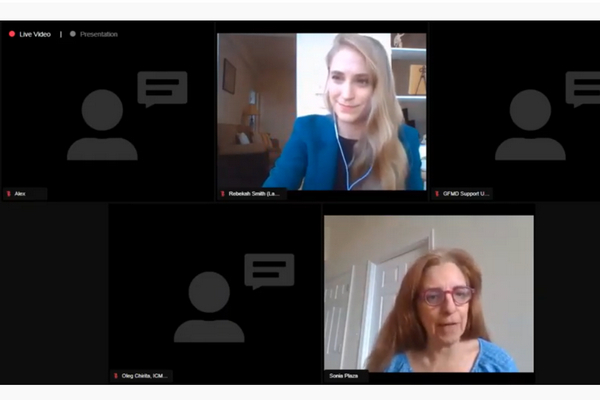The mismatch between the resource consulates receive and the sheer number of migrants they are bound to serve makes it difficult ensuring proportionate service delivery and cross-border justice to migrant workers.
Syeed Ahamed, CEO of IID made the remark at the Abu Dhabi Dialogue (ADD), the regional intergovernmental forum for West and South Asia held on 15 July 2020. The forum was the final and concluding consultation of six international online consultations on migration, as part of the UAE’s 2020 Chairmanship of the GFMD (Global Forum on Migration and Development).
During the ADD closing session on partnerships, Mr Ahamed showcased IID’s ‘Model Consulate’ approach as a feasible partnership model that is adaptive, inclusive, collective and cross-national in its implementation. To improve and scale up essential consular services, the model suggests enhancing cooperation among government, UN bodies, civil society and the private sector in both origin and host countries, he explained.
Mr. Ahamed mentioned that IID has already started the initial process of making the model a reality. Early this year, the country’s Ambassador to Jordan, Nahida Sobhan had already expressed her interest to work towards the concept. Recently at a live webinar, the concept was also presented to Hon’ble Minister of Foreign Affairs, Dr A. K. Abdul Momen and asked for the Ministry’s support for implementing the concept in at least two destination countries.
The role of technology in empowering migrants was another key topic discussed by the participants at the ADD, which was also highlighted at the GFMD Bali Process Regional Consultation, held on 29 June 2020. IID, as the Secretariat of CGCM, prepared a position paper highlighting some practice-based proposals for the Bangladesh government to highlight at the meeting.
Download the CGCM position paper for Bali Process
While attending the consultation, Syeed Ahamed highlighted how a blockchain-based remittance platform can make remittance faster and cheaper by removing the traditional intermediaries in cross-border money transfers. He suggested that a tripartite partnership among government, IT industry and civil society will be essential for financial inclusion of the unbanked and underbanked migrants through blockchain.

